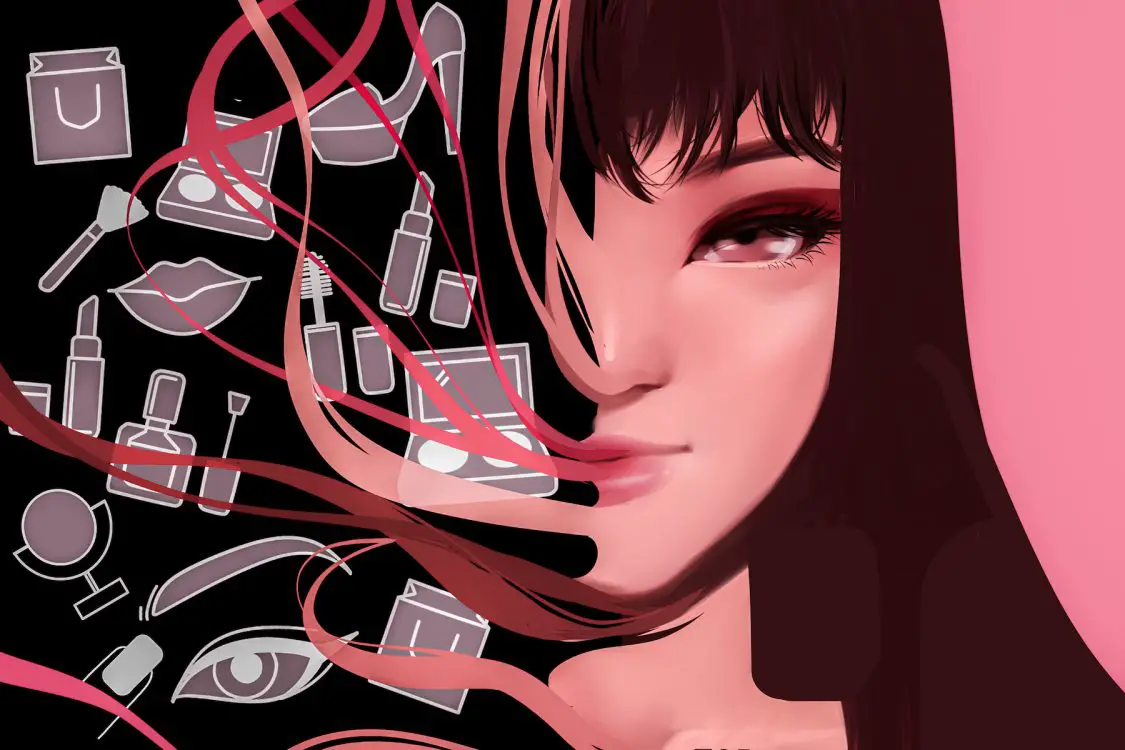The “it girl.” She infiltrates our movies, our music, our fashion, and most importantly, our lives. Some might call her a “muse” or even a “goddess,” as her face is seared into our collective memories, making her legacy immortal.
What used to be a label for a timeless beauty — a rare glimmer in a pool of millions — has been reduced to an aesthetic or a fad. There are no songs written about her, no designer handbags bear her name and no artists rave with madness to imitate her likeness. Now, she’s simply some poor girl with a few million followers on Instagram and a couple of brand deals, destined to be discarded after her limelight has burned out. In an age where everything dies before it can even begin, where people are just as easily recycled as trends, it seems that the golden age of the “it girl” has met its end.
Dictionary.com defines the “it girl” as “a young woman with sex appeal and a magnetic personality” or “an extremely popular and attractive young socialite or celebrity.” There’s someone that’s just popped into your head, casting a beautiful beacon through the fog of your memory. Maybe it’s Marilyn Monroe, Audrey Hepburn, or if you’re looking for a more modern option, Kim Kardashian.
Regardless of who it is, for everyone, there’s someone. She seems to transcend any definition of time. She has an iconic look, a signature style that can’t be replicated. She’s gorgeous, rich, loved by everyone — and you want to be her.
However, therein lies the root of the problem; not everyone can. In a world where validation has become something more precious than money, and online “likes” are sought-after currency, everyone thinks that they can. The internet has created a culture where anyone can instantly make themselves into a grander, prettier and more popular person. A celebrity, which is traditionally defined as “the state of being well known,” has been watered down to mean anyone who’s noticed.
Social media platforms like TikTok and Instagram make it possible for anybody to gain a following, with algorithms picking and choosing who gets plucked from the shadows … and who gets cast back. However, such a thing has been inflated hopelessly. Anyone receiving any sort of attention seemingly stumbles into stardom, no matter how brief it may be.
A prime example of this absolute force in which the internet propels and pushes certain content is Charli D’Amelio, a TikToker who went viral for her dancing videos back in 2020. Now, she’s a millionaire at just 17 years old, with a reality TV show and a brand deal with Dunkin’ Donuts. Having such luxuries might seem like a dream for the masses, but from a dystopian standpoint, it looks much more like the beginning of a nightmare.
Celebrity culture in today’s world isn’t about being well-liked, despite its definition. It isn’t even about being exceptionally skilled or talented — it’s about being neatly packaged, consumed and then forgotten. This cycle is vicious, and with the way things are going, it seems that it will never cease.
But when a new “it girl” is born, she’s introduced innocently. It might be through a video that does well on one of the previously mentioned social media platforms, or a selfie that takes the breath away of countless internet users. This gives her a boost in engagement and a spotlight that fixates on her. Followed, of course, by the internet going insane. Fan pages are dedicated to her while she trends on Twitter for a day or two.
But, no, this is not when she’s finished. Then, Vogue might ask her to shoot a “Beauty Secrets” video that causes all the skincare and makeup products she used to sell out immediately everywhere. Everyone wants to be as close as they can to her while looking — and even smelling — like her. Trends are crowned in her honor, and she dotes on them with care. But everything comes to an end when people have gotten bored and had their fill.
The hairstyle she made famous is now considered tacky, and the song she released during the peak of her success doesn’t get nominated for a Grammy. She crashes — hard. After that, no one helps her up or wipes the blood from her wounds. She’s already been tossed aside, banished to the graveyard of forgotten girls, while someone else takes her place.
And while such observations might seem like cruel exaggerations, sadly, it’s the truth. Such a lack of substance due to the internet’s rapid trend of cycling has resulted in a waste of talent and a deficit in high-quality entertainment.
A rather glaring example of this was demonstrated at the Oscars this past weekend. Many of the films presented had actually flopped horrendously, barely making up their budgets at the box office. Out of the best picture nominees, “nine out of the 10 had barely made $40 million.” In addition, it seemed that only 16.6 million people tuned in to watch the ceremony, with a 3.8-star rating. While this was up significantly higher than last year’s record low of only 10.5 million viewers, many are beginning to ponder where entertainment and celebrity culture will go from here — and if it will all only continue to go downhill from here on out.
The model of what the “it girl” has turned into should give us some answers. Unfortunately, they don’t look too promising — but there’s hope. While the cycle of online trends moves at a disgustingly dizzying pace, aided by the fuel of capitalism and consumerism, it’s also well-known that trends usually return at some point. This is most evident with fashion; styles that were popular in the early 2000s, such as low-rise pants and phone charms, are surging in popularity again.
I suppose, however, that all we can do is hold out hope that the same sort of steadiness will come with the tornado of fame that seems to sweep up just about anyone these days. Hopefully, someday soon, we will once again learn to value people and ideas for their individuality and their quality. Until then, I guess we’ll just learn to live in the storm.

















